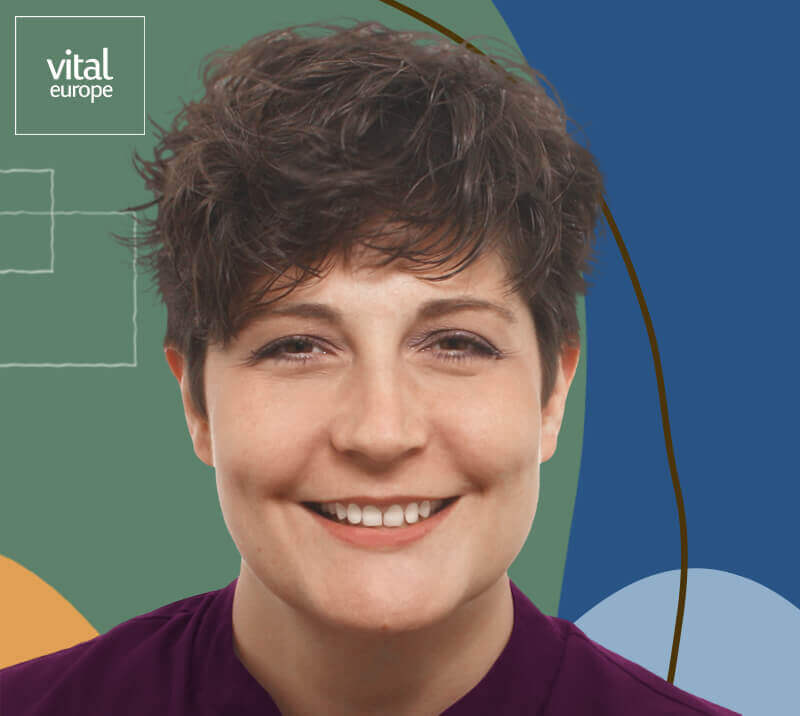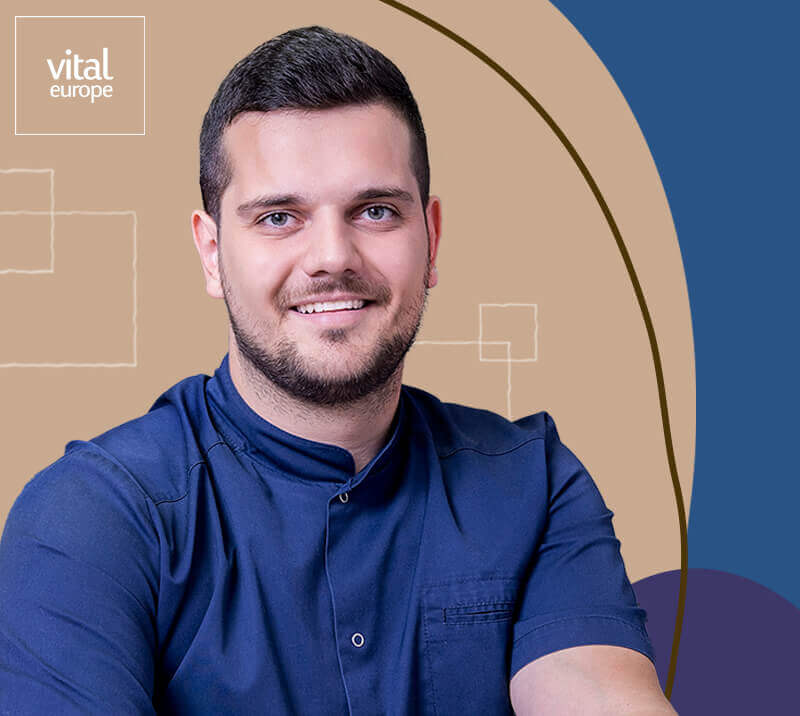Who should carry out the implantation, and who should we seek if we need a tooth removed? Are dental hygienists dentists? In today’s article we will go through the specific roles dentists can take up, so you will know exactly whose chair you are sitting in.

Dentist training in Hungary always had a very high standard. However, during the early 2000’s, the system had been reshaped in order to follow the requirements of a new era. Previously, dentists started their post gradual training right after finishing the university. Following another two years of studying and practicing, they had their bar exam, and only after that were they allowed to start their private practice. Nowadays, the bar exam is not necessary in order to start a private practice. However an ambitious, dedicated dentist will start their post-grad training right away, in order to specialize in one of the many fields of dentistry. The training itself includes 26 months of advanced training and 10 months of practical training, and upon completing the final exam, the participants receive the corresponding specialist title.

The many faces of dental care
There are 6+1 training programs a dentist can choose from:
– Dentoalveolar Surgery
– Orthodontics
– Paedodontics
– Prosthodontics
– Endodontics
– Periodontology
– Oral implantology
Out of these 7, Orthodontics and Paedodontics are self-explanatory. Orthodontists use fixed and removable braces to change the position of the teeth in the mouth. Paedodontists deal with the care of children’s teeth. Their primary focus is on prevention, along with teaching the importance of proper dental hygiene.

Endodontists are root canal treatment specialists. The dynamic improvement of technology offers practitioners the ease of mechanical preparation (special microscopes, apex locators, mechanical files). However, the proper use of these equipments require years of training, so always make sure to see a specialist when it comes to root canal treatment.
If you are suffering from a sensitive gum, or if your gum bleeds when you are brushing your teeth, you should seek out a Periodontologist. These specialists treat and diagnose conditions affecting the gums and the periodontal tissues.
If you are desperately looking for dental surgery, look no further. Dentoalveolar Surgeons deal with a wide range of problems involving the teeth, gums and jawbone. They are normally referred to as dental surgeons (not to be confused with maxillofacial surgeons). To achieve the former title, one needs a diploma and a bar exam, while the latter requires a specialist training.



Dental hygienists and Nurses
Although neither dental hygienists nor dental nurses are actual doctors, they are both essential in the everyday life of a dental clinic. In order to become a nurse one needs to complete a course, which teaches them the basics of dentistry, the handling of instruments, and chemistry. Their primary role is to support the dentist. They cannot carry out dental treatments by themselves.

If there is a hierarchy in dentistry, then dental hygienists are a step above the nurses. They can carry out smaller treatments such as scaling, whitening, and polishing. They can also write treatment plans for dental hygiene treatments.
We at VitalEurope always make sure to work with the best of the best, so we can provide our patients with an outstanding experience.
